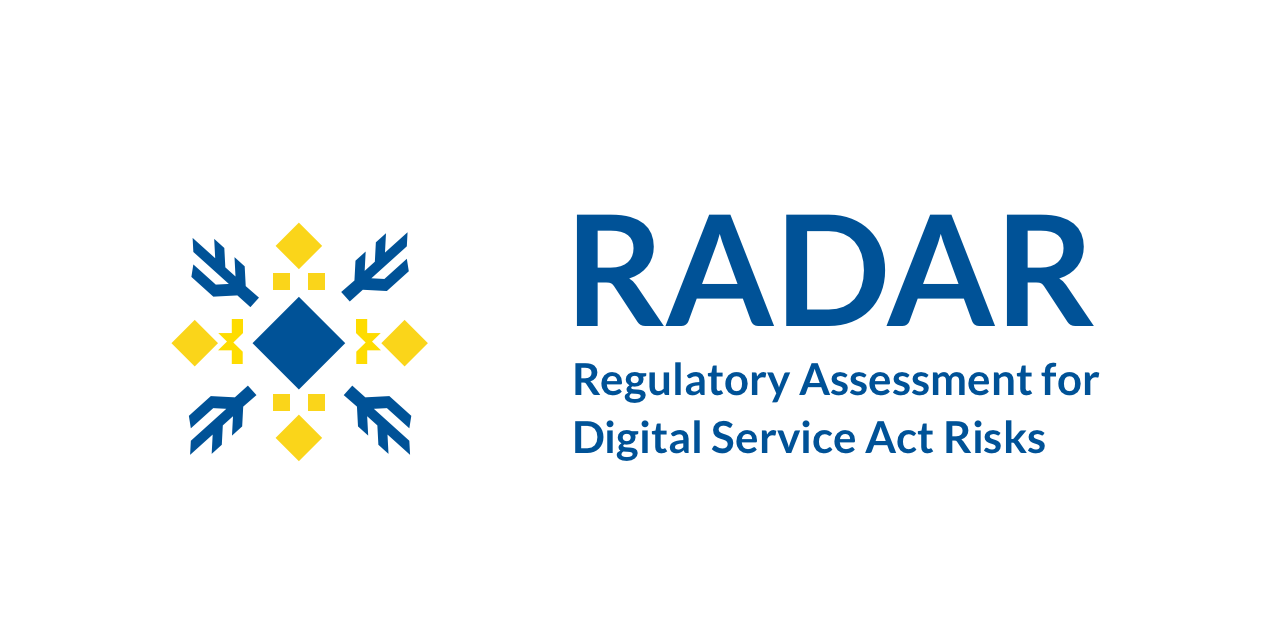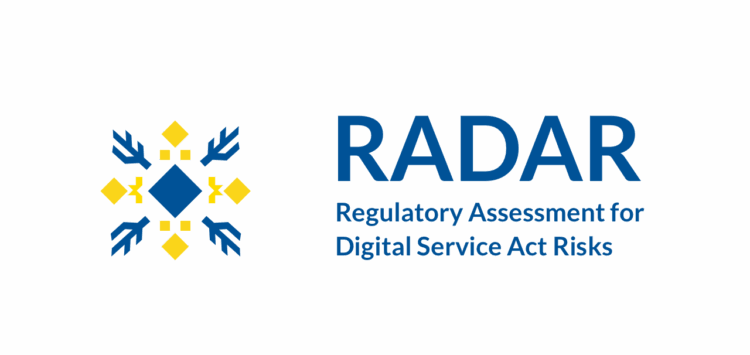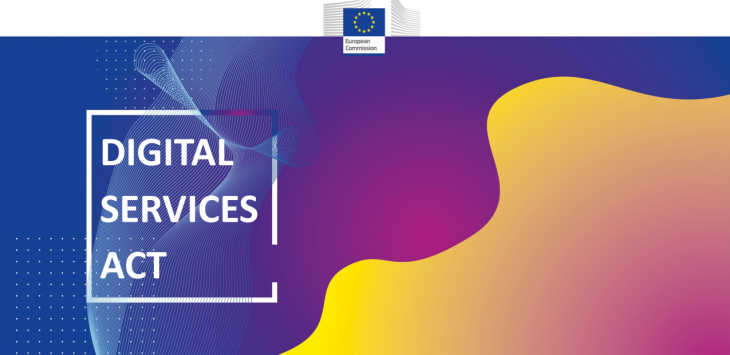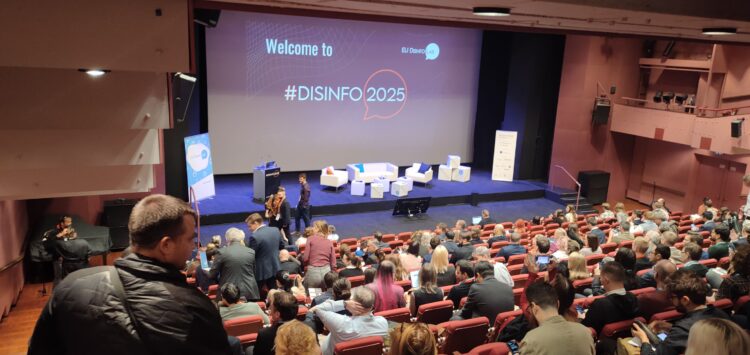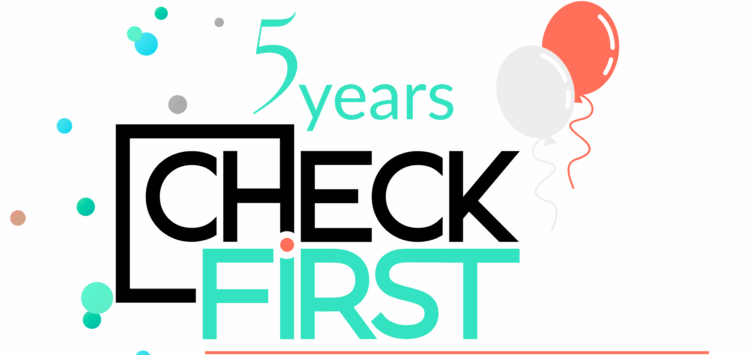Introducing RADAR: A Common Language for Digital Services Act Enforcement
Making DSA enforcement measurable, comparable, and actionable across Europe
Today, we’re proud to launch RADAR (Regulatory Assessment for Digital Services Act Risks), an open framework that aims to simplify and standardise one of the world’s most comprehensive legislations to govern digital platforms–Regulation (EU) 2022/2065, more commonly known as the Digital Services Act (DSA).
Why RADAR Matters
Since the Digital Services Act came into full effect, researchers, civil society organisations, and regulatory bodies across Europe have been working to monitor platform’s conformity with the regulation. Yet without a common framework, their findings remain isolated, making it difficult to identify patterns, compare assessments, or build a comprehensive picture of the digital landscape.
RADAR changes this by introducing a simple yet powerful concept: standardised tags for DSA infringements.
How It Works
Think of RADAR as a shared vocabulary for digital rights. Each potential DSA violation receives a unique identifier—such as cr_01 for content moderation failures or dp_01 for dark patterns that obstruct user choice. These aren’t arbitrary codes: they’re carefully structured references that map directly to DSA articles and observable platform behaviours.
When a researcher in Helsinki identifies the same issue as a lawyer in Madrid, they can now tag it identically. This common language enables:
- Cross-platform comparison: See which violations appear across multiple services
- Pattern recognition: Identify systemic issues affecting users Europe-wide
- Evidence aggregation: Build stronger cases through collective documentation
- Regulatory efficiency: Help authorities prioritise enforcement actions
What’s in the Framework
The current version (1.7) includes:
- 89 distinct infringement types covering all major DSA compliance areas
- 300+ observable behaviours that indicate potential violations
- Direct mapping to DSA articles for legal reference
- Machine-readable formats enabling automated analysis
Each infringement includes specific “observables”, concrete behaviours anyone can identify. Rather than vague concepts, these are measurable and objectively discernable: “Account deletion requires seven steps whilst sign up requires one” or “Political advertisements appear without required sponsor disclosure.”
Open Source, Open Standards
RADAR is released under a Creative Commons CC BY-SA 4.0 licence, ensuring it remains freely available for all. The framework is distributed in both human-readable and machine-readable formats, supporting everything from manual assessments to automated monitoring tools.
We’ve also developed a web-based navigator where you can explore the framework, search for specific violations, and generate properly formatted reports. For those publishing digital reports, RADAR supports embedded metadata making findings discoverable and aggregatable across the web.
Join the Effort
RADAR’s strength lies in its community. As platforms evolve and new forms of manipulation emerge, the framework must adapt. We’ve established clear contribution guidelines and multiple ways to participate:
- Report new patterns: Share unaddressed violations you’ve observed
- Improve definitions: Help clarify existing infringement descriptions
- Translate the framework: Make RADAR accessible in your language
- Build tools: Create integrations and monitoring solutions
- Use the tags: Include RADAR references in your reports and research
Every contribution strengthens our collective ability to hold platforms accountable.
Looking Ahead
The launch of RADAR marks a beginning, not an end. As DSA enforcement progresses and jurisprudence develops, the framework will evolve. Version 1.8 is already in development, incorporating lessons from recent enforcement actions and emerging platform practices.
But RADAR’s true impact depends on adoption. When researchers across Europe speak the same language, patterns invisible to individual observers become clear. When civil society organisations can aggregate their findings, their advocacy gains power. When regulators receive consistently tagged reports, enforcement becomes more efficient.
Start Using RADAR Today
Visit radar.checkfirst.network to:
- Browse the complete framework
- Search for specific infringements
- Generate tagged reports
- Access implementation guides
- Contribute improvements
For researchers and organisations already conducting platform assessments, adopting RADAR requires minimal effort, simply add standardised tags to your existing reports. For those beginning their monitoring journey, RADAR provides a structured approach to systematic assessment.To learn more, contribute, or implement RADAR in your work, visit radar.checkfirst.network or explore the GitHub repository.
